Collection

All our analysis of the Spring Budget 2024. Includes research, comment, explainers and more.
Event - Spring Budget 2024: IFS analysis (07/03/24)
Following the presentations, there will be plenty of time for questions. Please click here to join Slido and submit your questions.
Slides from the event
Isabel Stockton - Enjoy now, pay later?
PDF | 91.47 KB
Bee Boileau - Public service spending
PDF | 98.07 KB
NICs, Income Tax and Child Benefit by Tom Wernham
PDF | 128.01 KB
Scrapping non-dom rules by Helen Miller
PDF | 74.89 KB
Nothing that Jeremy Hunt did yesterday, nor anything the OBR said, changes anything very significantly. Which is a shame. Because that means we are still:
• heading for a parliament in which people will on average be worse off at the end than at the start,
• looking at a debt to GDP ratio that is at its highest level in 70 years and is showing no signs of falling;
• facing debt interest payments at close to all time highs;
• seeing worrying increases in the number of individuals moving onto health and disability related benefits, bringing huge challenges for those households and rising costs for the public purse;
• (despite the genuinely significant cuts in NICs) stuck with a situation where tax revenues will have risen by a record amount as a share of national income over this parliament and still heading towards UK record levels;
• implicitly planning on big cuts in public investment spending overall and cuts to many areas of day-to-day spending on public services despite very obvious signs of strain in many areas.
All of that was true on Tuesday, and all of it remains true today. In all likelihood it will still be true come the general election.
If little changed overall in the economic forecasts, we should at least be grateful that the OBR got slightly less downbeat in its forecasts for household income. While it reiterated that 2022-23 was the worst year for household incomes since records began in the 1950s, it at least now thinks incomes will return to their pre-pandemic levels by 2025-26, two years earlier than previously thought. That’s a welcome improvement but still means average household incomes this Autumn are likely to be lower than they were in Autumn 2019. Not a happy prospect.
It is worth noting one other set of forecast changes. In his speech Mr Hunt, on several occasions, stressed that his growth plans were not predicated on high levels of migration. Yet the OBR are quite clear. Higher immigration will offset a greater than previously expected fall in labour force participation. The number of inactive working age adults has climbed by 700,000 since before the pandemic to 9.3 million. And Mr Hunt’s boasts about higher GDP growth in the UK relative to other countries also depend on high population growth. We have not had good growth in GDP per person.
All that said, this is a difficult position for any chancellor to be in. The combination of elevated debt, low nominal growth and high interest rates means that we need to be running much tighter fiscal policy than usual if we want to get the debt down. Just to stop debt rising, we need to run a substantial primary surplus – that is, to raise more in tax and other revenues than we spend on everything other than debt interest. That’s something we haven’t done as a country since 2001. It’s a tough ask.
Ignoring the vagaries of the current, rather bizarre, fiscal targets these underlying facts are going to constrain chancellors for the foreseeable future. Fiscal rules or no, fiscal realities bite. The combination of high debt interest payments and low forecast nominal growth means that the next parliament could well prove to be the most difficult of any in 80 years for a chancellor wanting to bring debt down. Even stabilising debt as a fraction of national income is likely to mean some eye wateringly tough choices – and we are talking tens of billions of pounds worth of tough choices – on tax and spending.
You can see that easily enough by looking at what Mr Hunt says he is planning. On his figures, debt is rising slowly to 2027-28 before falling by a minuscule amount as a share of national income in the following year. But that requires him to assume a whole series of unlikely, or undesirable things.
Perhaps unlikeliest of all is that the supposedly temporary one-year 5p cut on fuel duty originally put in place in April 2022 will expire in a year’s time, and that rates of fuel duties will then rise in line with inflation, despite freezing them yesterday for the 15th year in a row. Perhaps least desirable is that investment spending will fall by £18 billion a year in real terms. Somewhere between the two lies the effective promise that day-to-day spending on a range of public services outside of health, defence and education, will fall by something like £20 billion. Maybe that is possible, but keeping to these plans would require some staggeringly hard choices which the government has not been willing to lay out. Indeed, we heard yesterday that the next spending review, in which these choices will have to be announced, will rather conveniently not happen until after the election.
One only has to look at the scale of NHS waiting lists, the number of local authorities at or near bankruptcy, the backlogs in the justice system, the long-term cuts to university funding, the struggles of the social care system, to wonder where these cuts will really, credibly come from.
Remarkably Mr Hunt stuck with the claim that he wants defence spending to rise to 2.5% of national income “as soon as economic conditional allow”. Well, economic conditions allowed a £10 billion cut in NICs this year. So they could have allowed a £10 billion increase in defence spending instead. That would have just about met the target. Actions speak louder than words.
Put the NI cuts together with those implemented in January and you have a genuinely substantial tax cut, worth up to £1,500 a year for higher rate taxpayers and over £1,000 a year for those on just over average earnings. And I do welcome the fact that Mr Hunt again chose to cut NI rather than income tax. It is better targeted on those in work of working age and it reduces the wedge between taxes on different sorts of income. Note that this means that while many workers will be better off as a result of tax changes over this parliament, pensioners will be substantial net losers. Well over 60 per cent of pensioners now pay income tax. Income tax changes will leave most of them £650 a year worse off by 2027, and over £3,000 a year worse off if they are higher rate tax payers.
But context is all. And the context remains one of very big increases in tax over this parliament, and more forecast over the next few years. A majority of that increase has come, rather fortunately for the chancellor, not from active policy choices but because the growth we have had has been rather tax rich – growth in high incomes and in profits for example. The overall rise in the tax burden over which the government has presided, and which it has chosen not to offset, is just as real for all that.
I’ve said it before, and I’ll say it again. Tax has risen to a higher fraction of national income than it has ever been in my lifetime, and I don’t expect it to return to its previous level for the rest of my lifetime.
In this context talk of abolishing National Insurance does not look realistic. Of course, the chancellor is only talking about the part paid by employees (and the self-employed) not the much bigger part paid by employers. But this pledge to cut taxes by more than £40 billion goes in the same bucket as pledges to increase defence spending – not worth the paper its written on unless accompanied by some sense of how it will be afforded.
We also got some rather uncertain and future focused tax increases. The change to the “non-dom” regime might net £2.7 billion in 2028-29 as the red book suggests. But it might not. You could say the same for the £1.2 billion of additional revenue for that year claimed from extending the energy profits levy. Contrast that uncertainty with the certainty with which we can say that cutting the rate of NI will cost in the order of £10 billion a year right away. We got some immediate, definite, tax cuts part paid for by a smorgasbord of future, uncertain tax rises.
In an election year one can’t help but note that the non dom changes and the extension of the energy profits levy were Labour policies. In the through-the-looking-glass world of pre-election argy-bargy this will appear to make Labour’s job more difficult. They want to earmark the extra revenue from these taxes to fund some of their spending plans. A moment’s thought should show this for the nonsense that it is, at least in the real world of fiscal constraints and trade-offs, if not in the rhetorical world of electoral politics.
First, the numbers involved are trivially small by comparison with the fiscal challenges. Three or four billion of revenues a year don’t even count as a drop in the fiscal ocean when it comes to the scale of the challenges facing us. And second, the fact that the changes have been announced doesn’t mean the revenue disappears. It’s still there, indeed more definitely so.
By accepting the NI cut, the opposition does make life more difficult for itself. That is £10 billion a year they have lost. The opposition have been just as shy as the chancellor about telling us what they actually intend to do on taxes and spending after the election. If I am sceptical about Mr Hunt’s ability to stick to his current spending plans, I am at least that sceptical that Rachel Reeves will preside over deep cuts in public service spending.
There were things to welcome in this Budget. The focus on public sector productivity, what looks like a sensible change to the non dom regime, the reform to the high income child benefit charge (on which much more from my colleague Tom Wernham in a moment), the choice to cut NICs rather than income tax. But this was not a budget which addressed the real challenges we are facing because it was not transparent about what those challenges are.
Government and opposition are joining in a conspiracy of silence in not acknowledging the scale of the choices and trade-offs that will face us after the election. They, and we, could be in for a rude awakening when those choices become unavoidable.
Analysis, comment, explainers and more
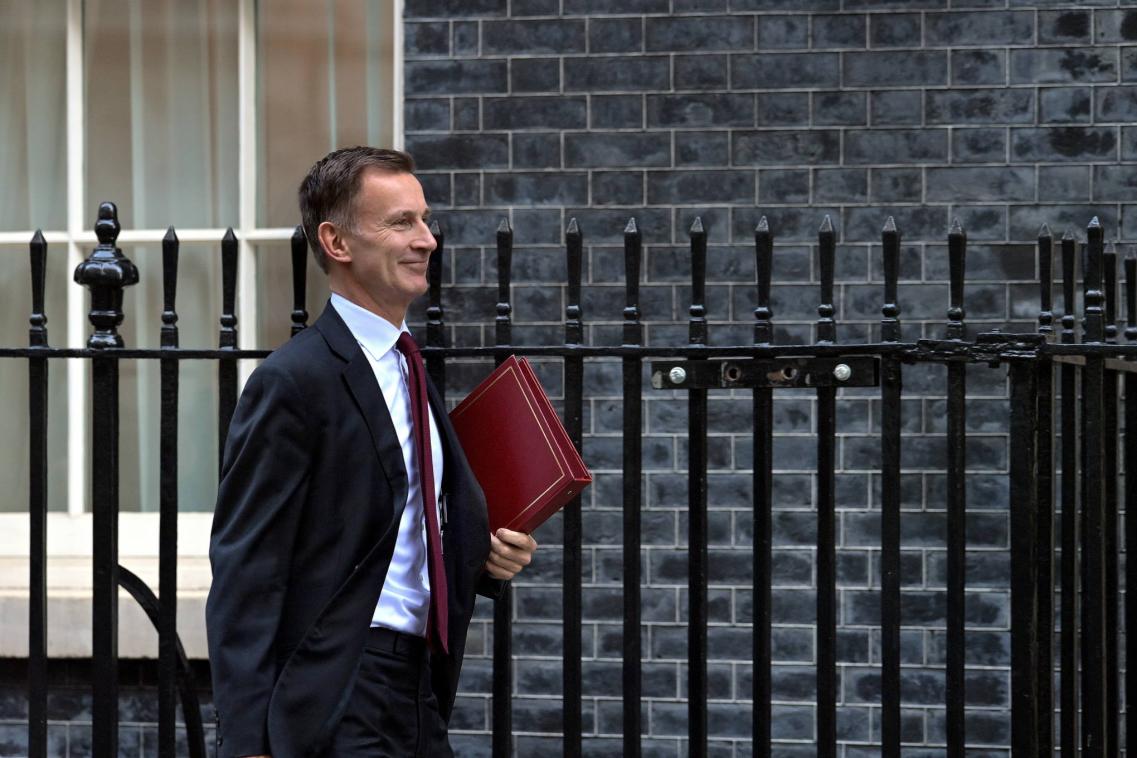
Spring Budget 2024: IFS presentations
7 March 2024
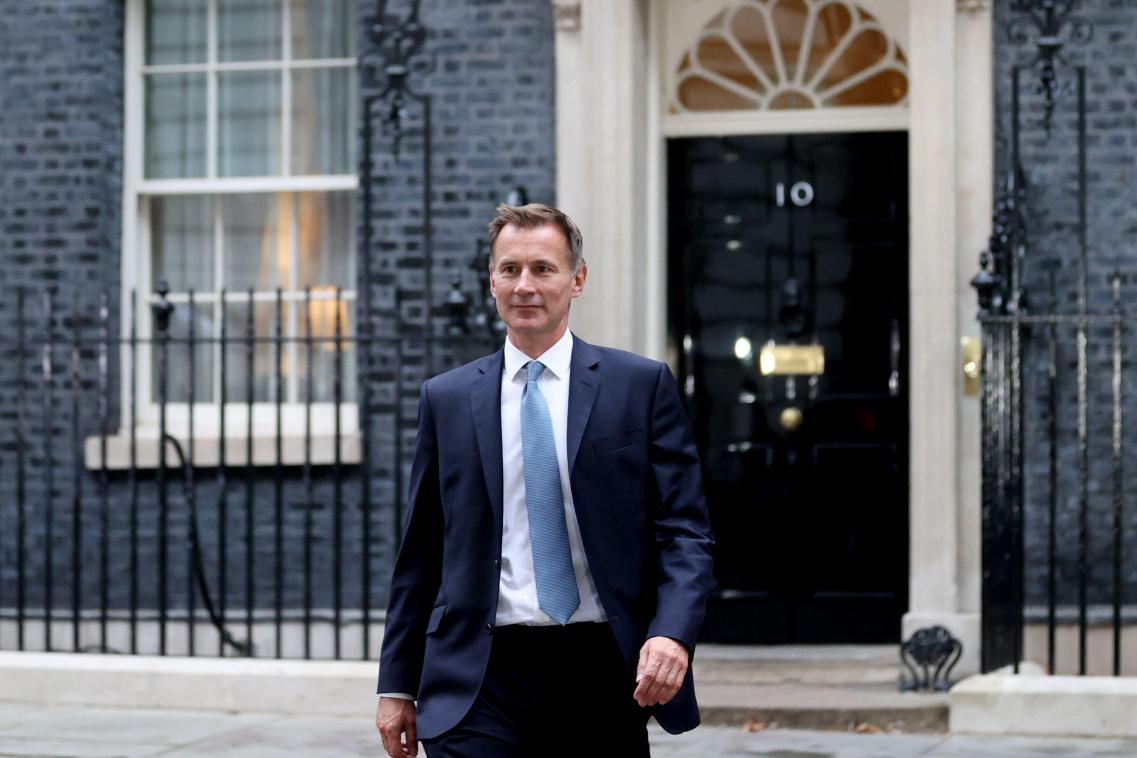
Spring Budget 2024: What you need to know
7 March 2024
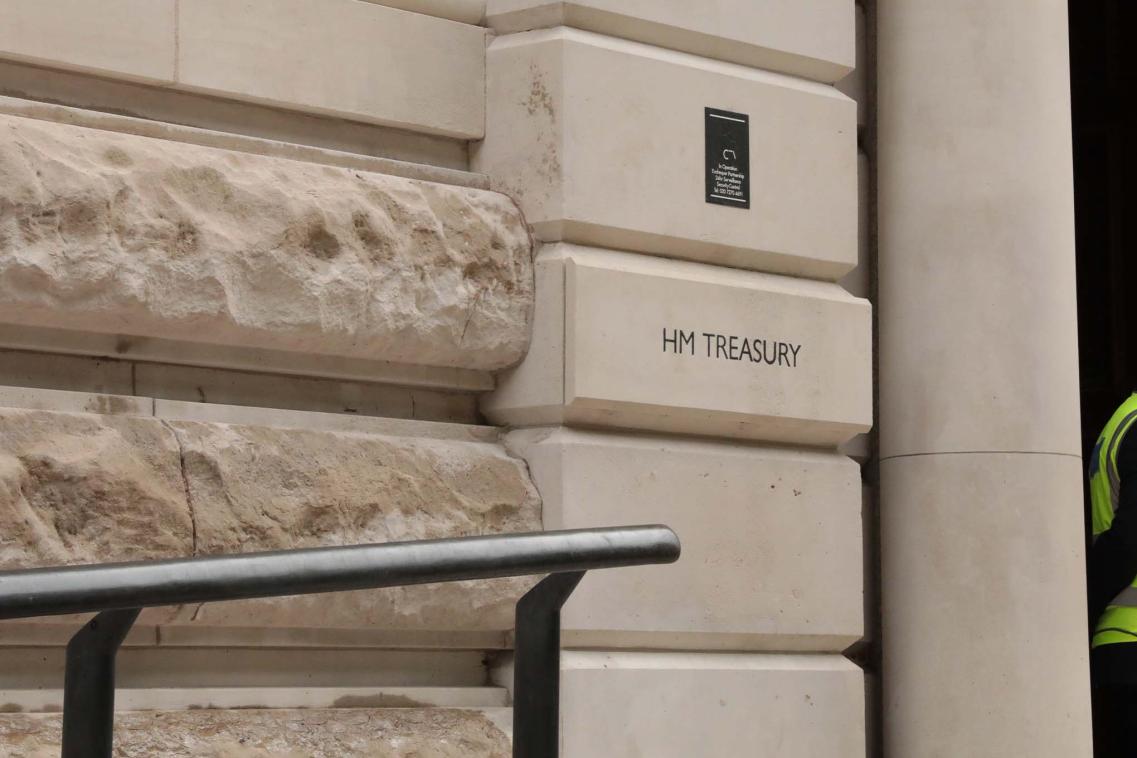
Poor old Jeremy Hunt maxes out his budget headroom
7 March 2024
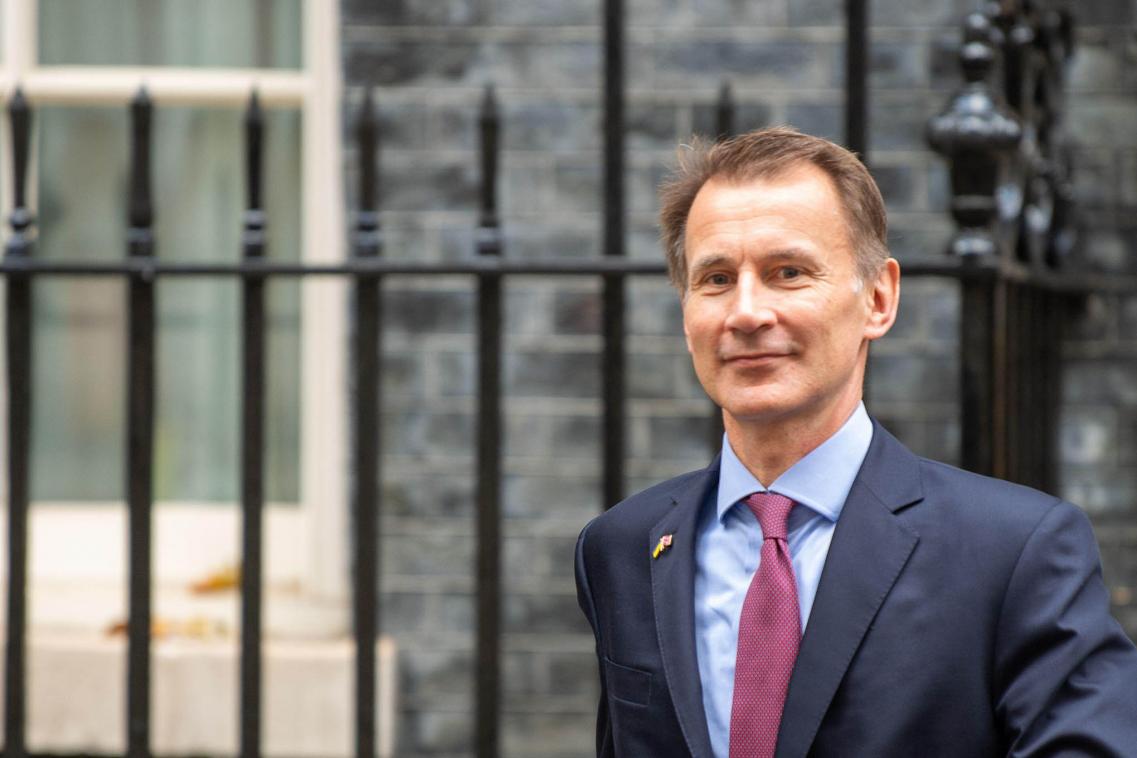
Spring Budget 2024: initial IFS response
6 March 2024
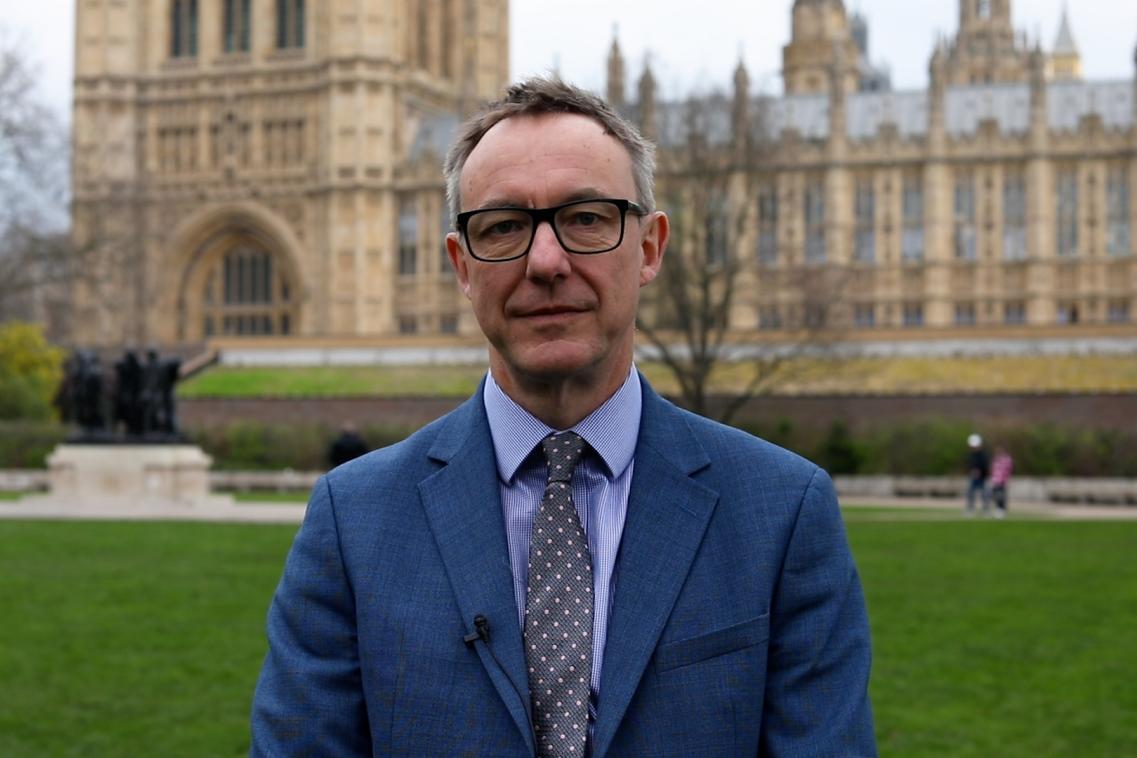
The Spring Budget 2024 explained in 90 seconds
6 March 2024

Health spending planned to fall in England and Scotland in 2024–25, suggesting a top-up likely
4 March 2024

Reforming the taxation of non-doms: policy options and uncertainties
4 March 2024
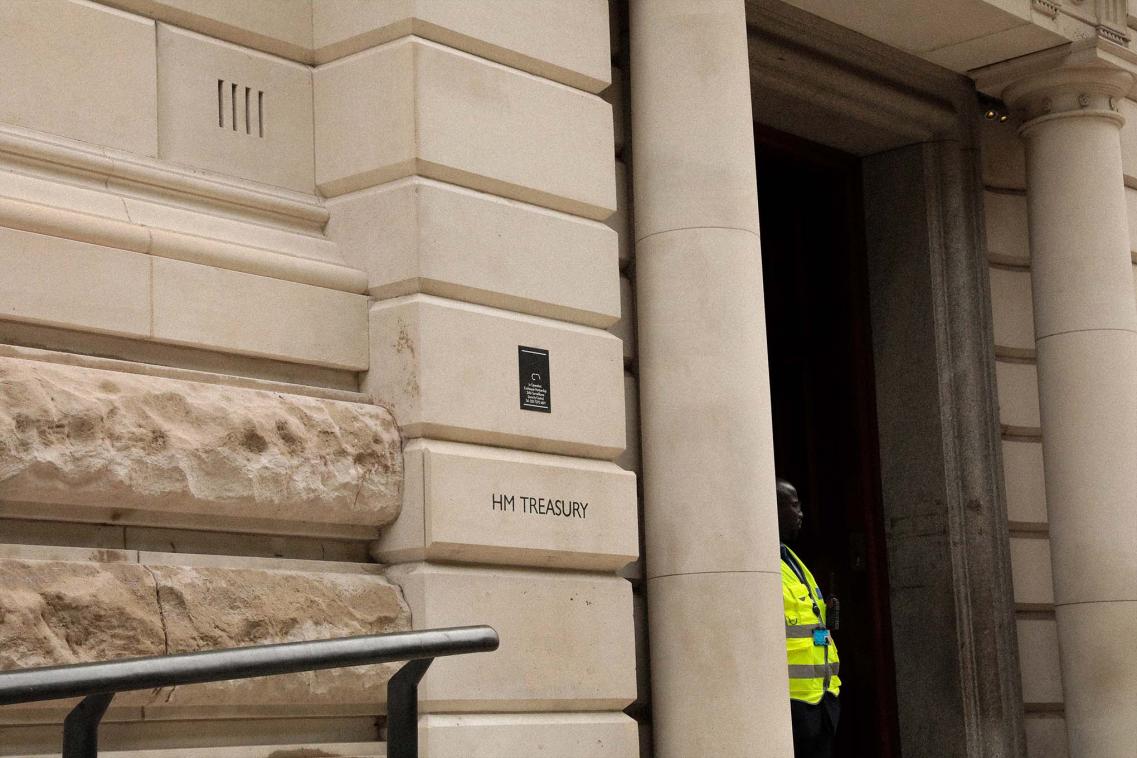
Gaming fiscal rules is no way to make budget policy
4 March 2024

The latest picture on school funding and costs in England
1 March 2024
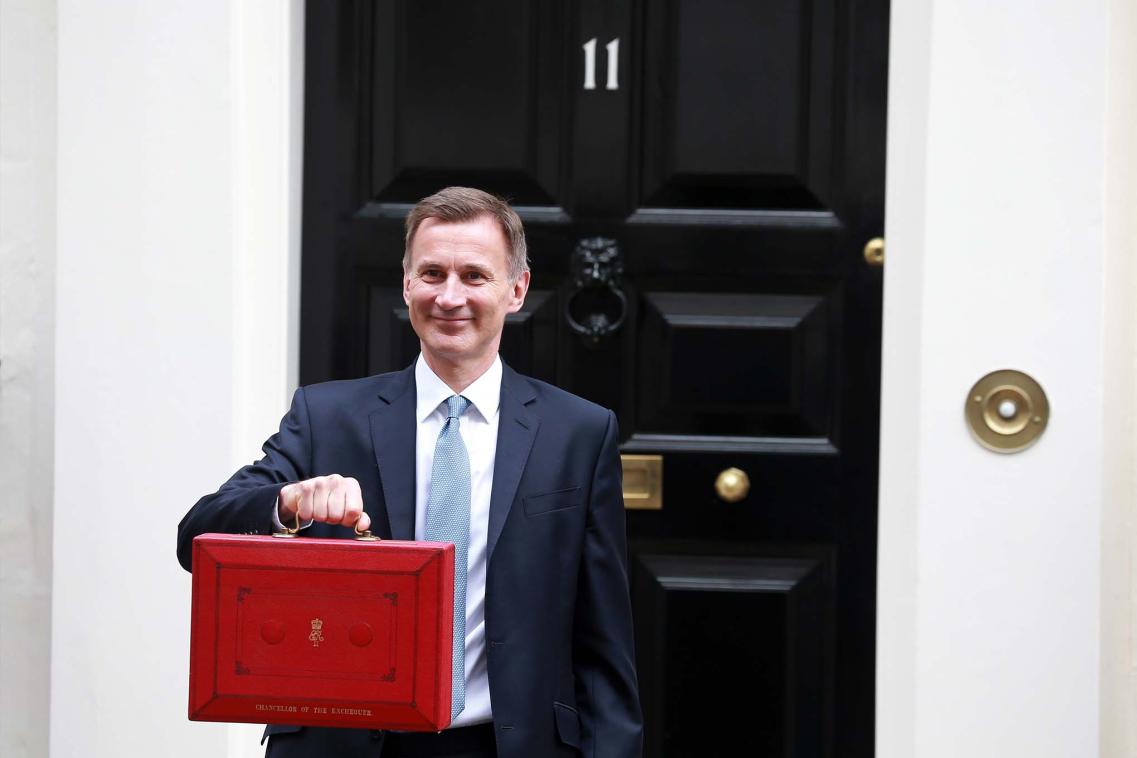
The way Chancellors respond to economic news adds to our debt - here's why
1 March 2024
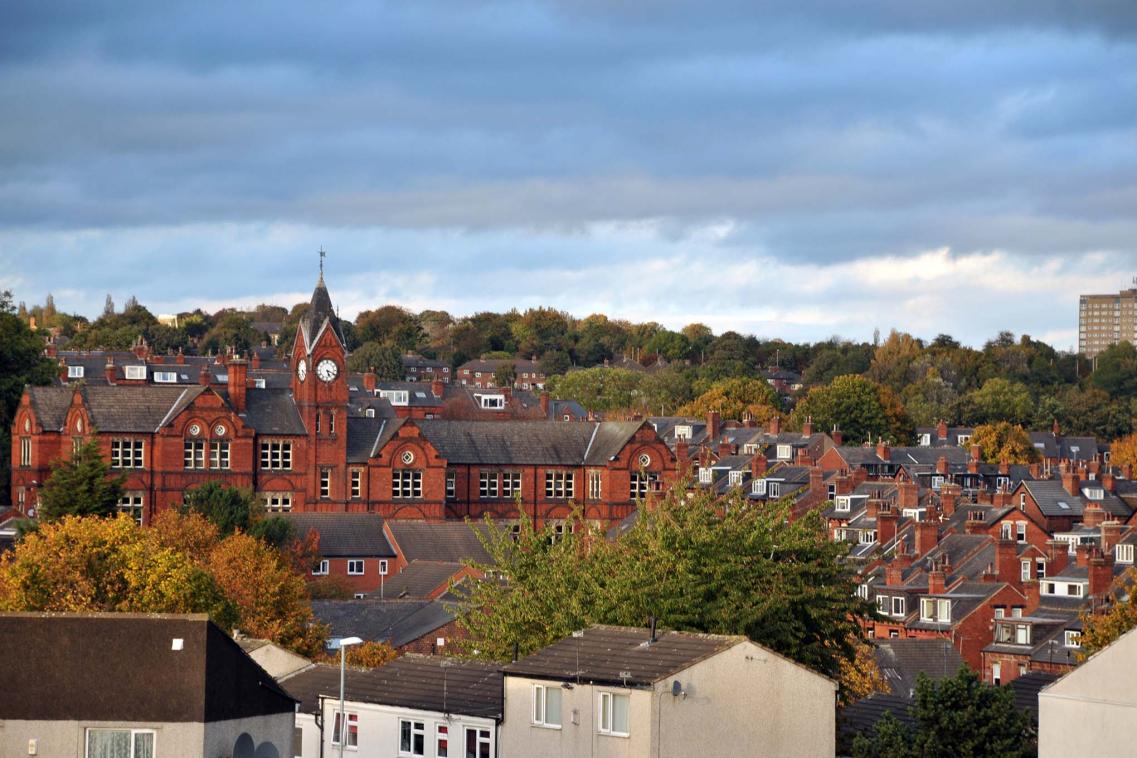
What will the Budget mean for councils?
27 February 2024
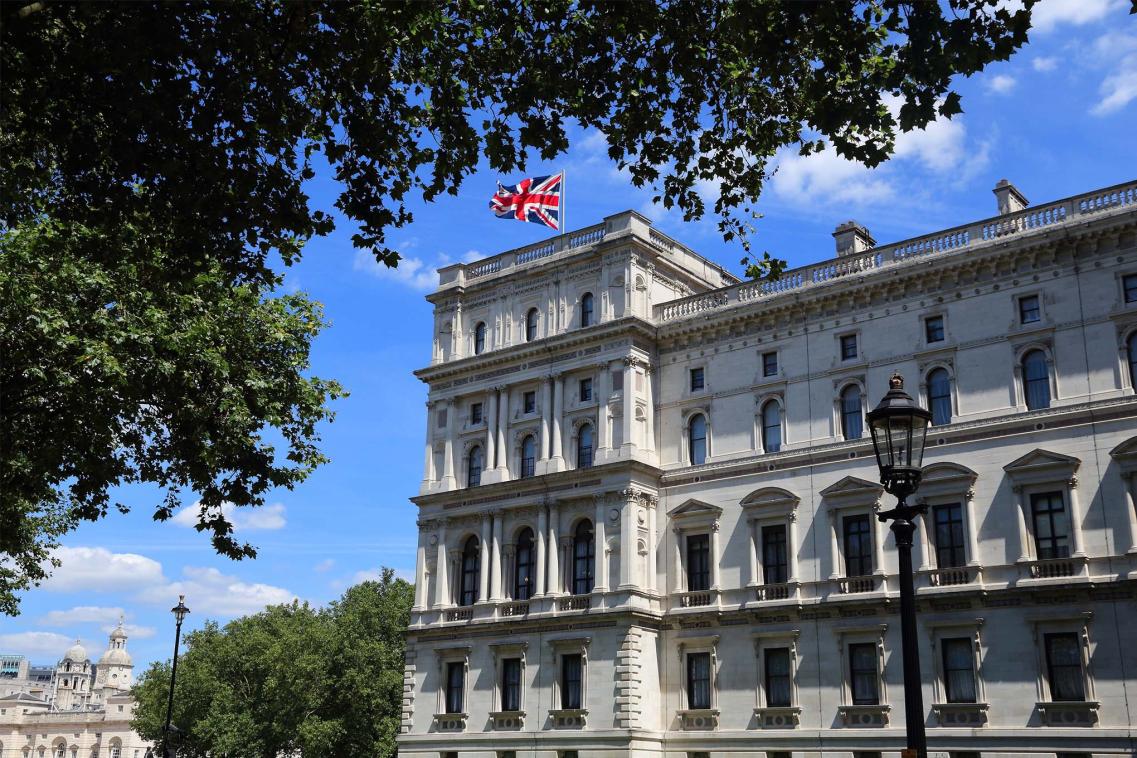
The context for the March 2024 Budget
27 February 2024
Watch back our Budget events

Spring Budget 2024: IFS analysis
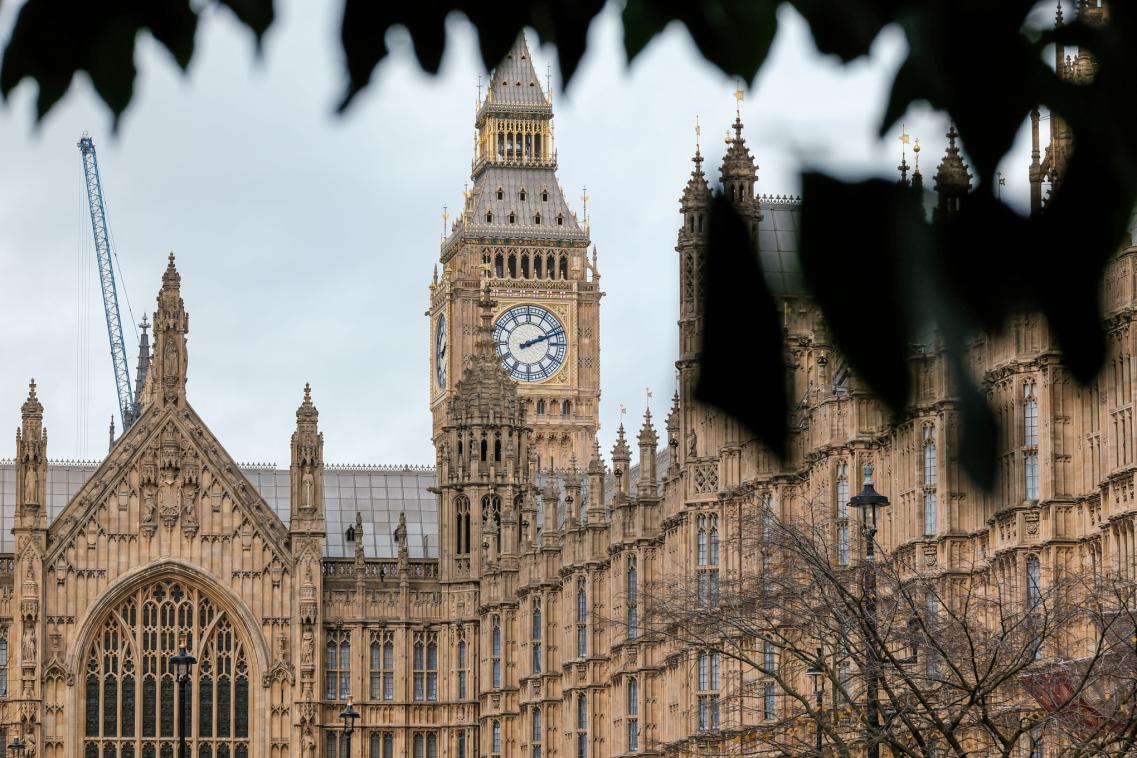
Spring Budget 2024: the Chancellor’s options
Collection details
- Publisher
- Institute for Fiscal Studies
More from IFS
Understand this issue

Public investment: what you need to know
25 April 2024

The £600 billion problem awaiting the next government
25 April 2024

Should we worry about government debt?
11 April 2024
Policy analysis

Oil and gas make Scotland’s underlying public finances particularly volatile and uncertain
27 March 2024

Recent trends in and the outlook for health-related benefits
19 April 2024

4.2 million working-age people now claiming health-related benefits, could rise by 30% by the end of the decade
19 April 2024
Academic research

Insurance, redistribution, and the inequality of lifetime income
2 November 2023

Intertemporal income shifting and the taxation of business owner-managers
24 January 2024
